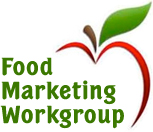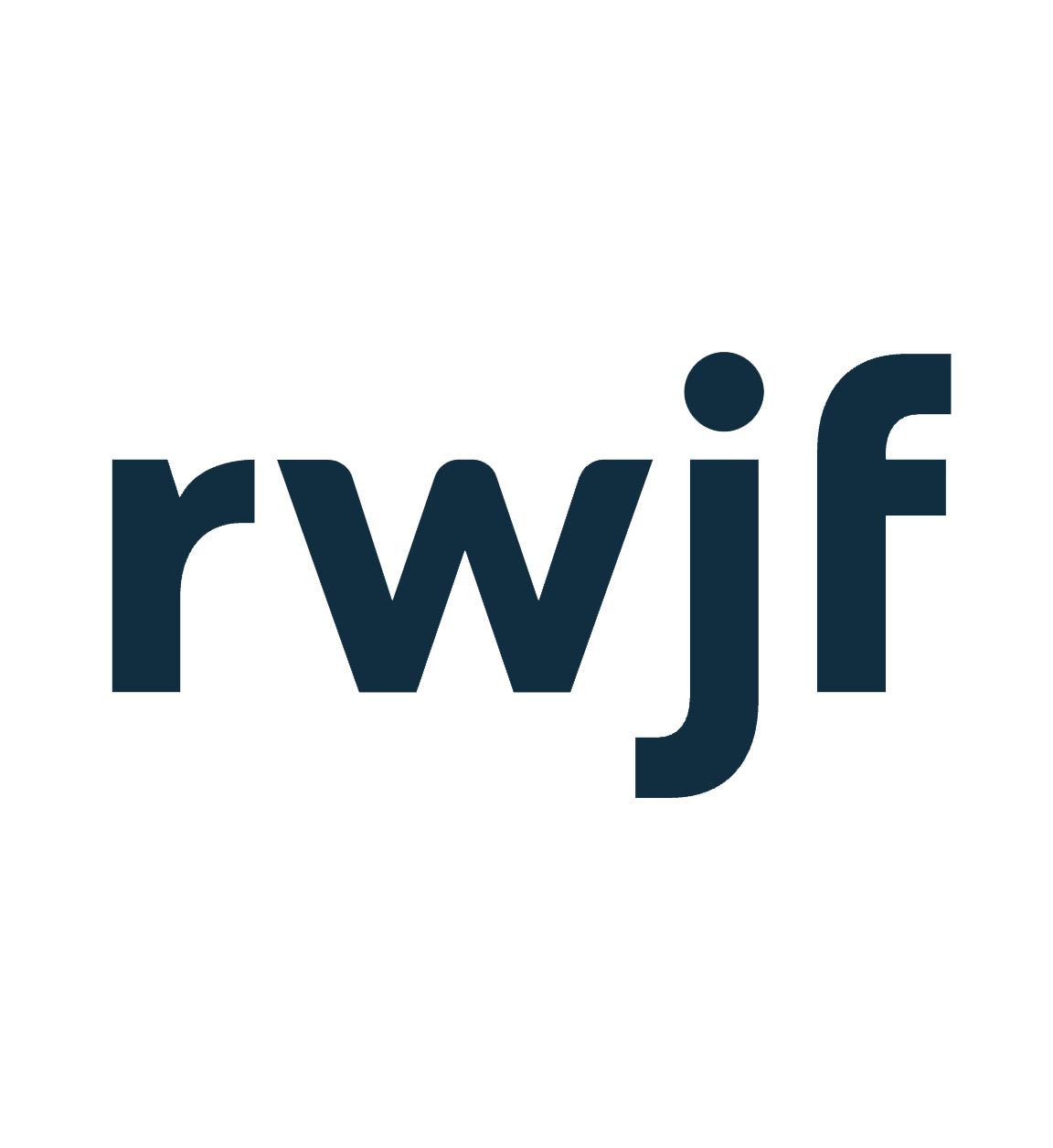
Talking about teen dating violence: Bringing prevention into the conversation
BMSG worked with the California Partnership to End Domestic Violence to better understand how teen dating violence is portrayed in the news and what the implications are for prevention policy.








